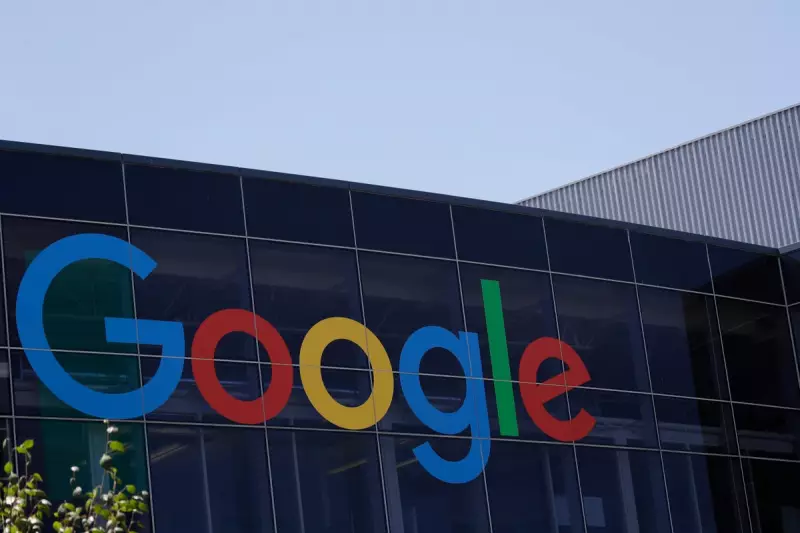
The European Union's competition watchdog has delivered a seismic blow to tech giant Google, imposing a record-breaking €2.1 billion fine for what it deems "serious illegal behaviour" in abusing its market dominance.
The European Commission's ruling concludes that Google systematically gave unfair advantage to its own shopping comparison service, Google Shopping, by prominently displaying its results at the top of search pages while demoting those of competitors. This practice, investigators found, amounted to an abuse of Google's overwhelming market power in general internet search.
A Landmark Decision for Digital Markets
Margrethe Vestager, the EU's formidable competition commissioner, stated that Google's actions denied other companies the chance to compete on their merits and, crucially, deprived European consumers of genuine choice. "What Google has done is illegal under EU antitrust rules," she declared. "It denied other companies the chance to compete on the merits and to innovate. And most importantly, it denied European consumers a genuine choice of services."
This penalty far surpasses the previous record EU antitrust fine of €1.06 billion handed to Intel in 2009, signalling Brussels' increasingly tough stance on the market behaviour of Silicon Valley titans.
Google's Response and Required Actions
Google has expressed disappointment with the ruling, maintaining that it respectfully disagrees with the legal conclusions. The company has consistently argued that its service helps consumers find what they're looking for quickly and easily, while also creating business opportunities for merchants.
Beyond the financial penalty, the Commission has ordered Google to cease its anti-competitive practices within 90 days or face penalty payments of up to 5% of the average daily worldwide turnover of Alphabet, Google's parent company. The tech behemoth must now provide equal treatment to rival comparison shopping services in its search results.
Bro Implications for Tech Regulation
This decision represents the first time EU regulators have specifically targeted the core of Google's business - its search engine - and sets a powerful precedent for how competition law applies to digital platforms. The ruling comes amid growing global scrutiny of major tech companies and their market practices, with several other ongoing EU investigations into various aspects of Google's business.
Legal experts suggest this landmark case could pave the way for more aggressive enforcement actions against other digital platforms that dominate their respective markets, potentially reshaping the competitive landscape of Europe's digital economy for years to come.





